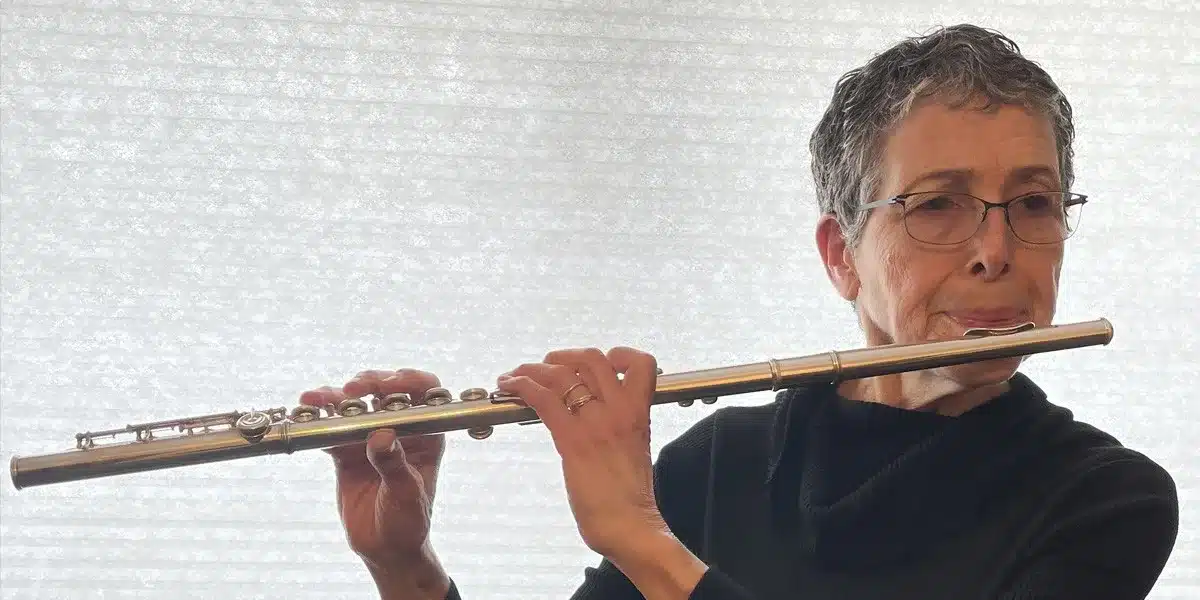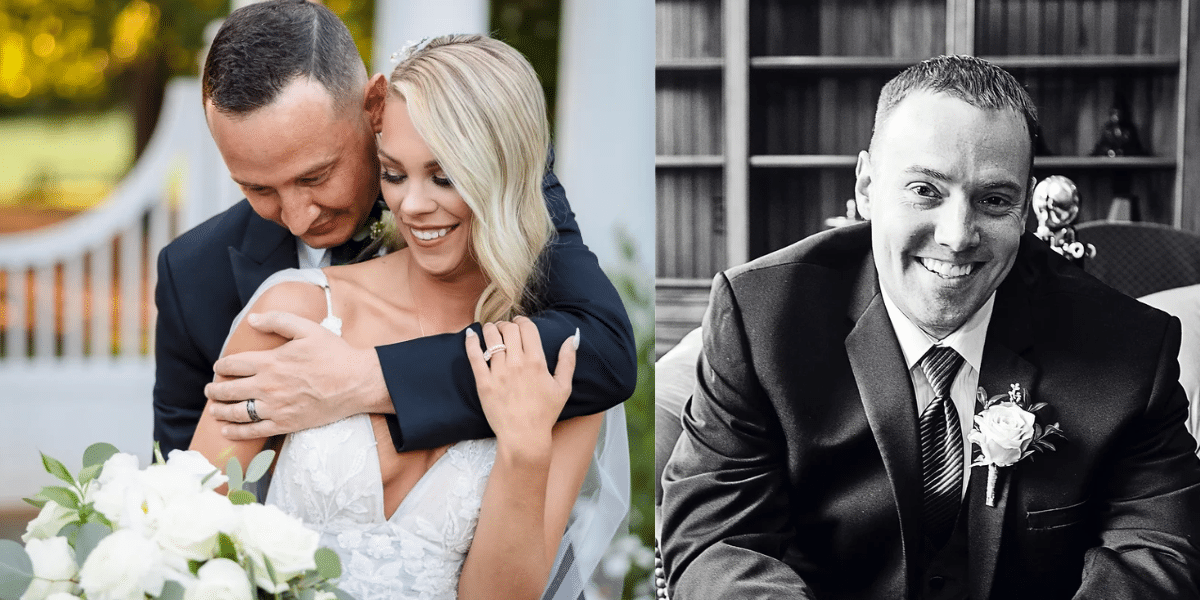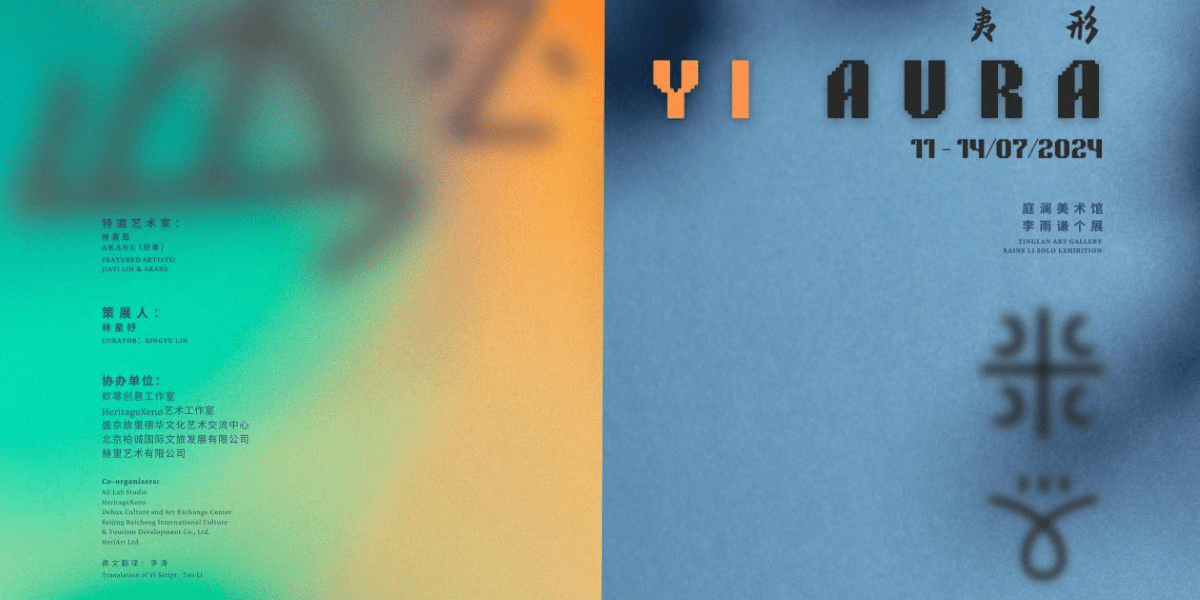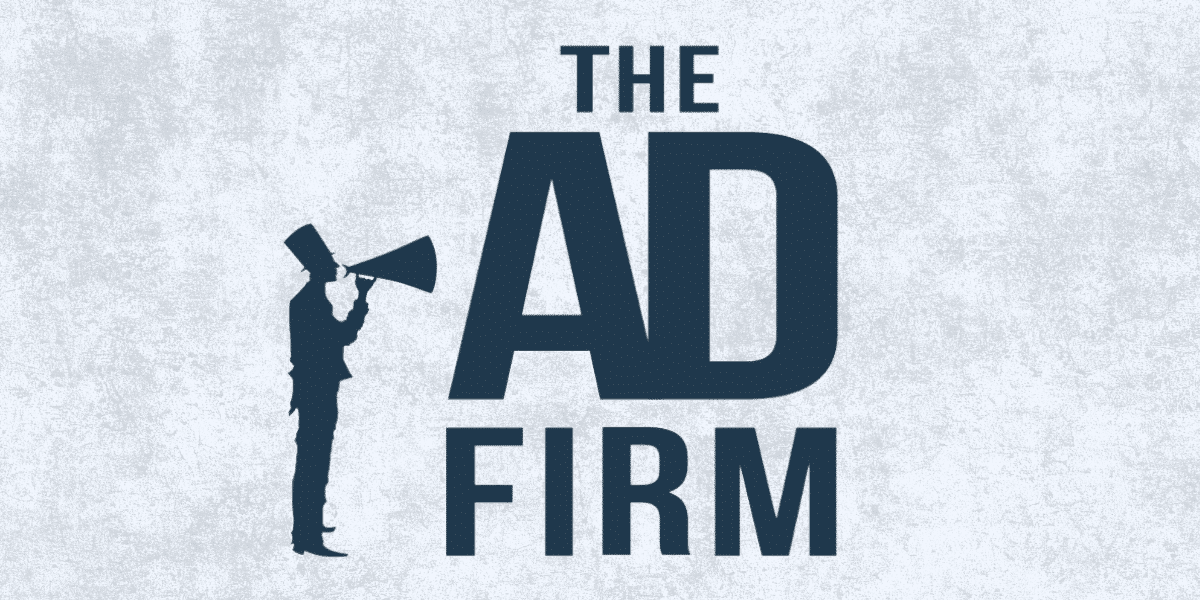We caught up with Hagit Vardi this week, author of an important book of poems titled, And She Wasn’t Damaged: Poems for Speaker and Chorus
Amanda Stanford: Hagit, thank you for spending some time with us today. I understand you didn’t start writing until the age of 61. What inspired you to write your book, And She Wasn’t Damaged?
Hagit: It happened by sheer chance (if there is such a thing) that I started writing later in life. I was in the midst of Internal Family Systems therapy, which promotes encountering our internal ‘parts’ (or sub personalities), that are created through our life experiences. During therapy, I ‘met’ a part (a very young me) who communicated what happened to her. The first poem of And She Wasn’t Damaged describes that baby. Then more parts showed up and added their own perspective, including the one who demanded proof, as expressed in the poem Give Me Facts. The poems in the book were written like a journal and appear in the order they were written. They follow the emotional process I went through, from grief and rage to hope and acceptance.
Stanford: And She Wasn’t Damaged is a book of poems. How did writing this book help you?
Hagit: The combination of being fully present to my emotions as I allowed them to be expressed (sometimes by shouting the raw poem while driving my car), and the need to stay focused and give the poems structure with rhyme and rhythm saved me from ‘falling apart.’
Stanford: The subtitle of the book is: Poems for Speaker and Chorus. Can you explain this choice?
Hagit: I don’t remember the moment it became clear to me that this collection of poems is different in a fundamental way from my previous books, and it requires a different form. I needed this form to emphasize the many internal parts that have their voice heard in this collection. The other reason some of the poems are in plural and talk in unison is that I wasn’t the only victim. Some of the chorus poems are the angriest ones. At some point in the process, I imagined the poems being recited on a stage (preferably by survivors of abuse).
A few months after the collection was published, it was staged as part of the 2015 Ha’Ezrach Kan Festival for Social Justice in Tel Aviv. In 2019, it was made into a video, which was featured at the annual One Billion Rising event in Tel Aviv in February 2020.
Stanford: For those who experienced sexual abuse, what are the difficulties and challenges life will put before them that they must deal with?
Hagit: There are many potential difficulties and challenges. For me, it included shame, lack of trust in myself and others, and fear of being discovered and ostracized, among others. I was already in my sixties when I realized (beyond doubt) that I was a victim of incest. So, for many years I thought that my difficulties could be solely explained by another sexual abuse encounter (with a stranger) I had at age five. That experience was ‘buried’ until I remembered it at age eleven. When I told my mother, she was silent. I describe the experience of having no-response from my mother (which I interpreted as ‘don’t ever talk to me about it again’) in a poem entitled The Day My Mother Turned Her Back (from Glass Girl, 2012*).
Stanford: Can survivors of incest recover from their experiences?
Hagit: I believe we all have the potential to heal. I am not sure what it means to fully recover, but we can continue to free ourselves, layer by layer, as-long-as we are alive. The last poem of And She Wasn’t Damaged is Once and for All. It is about the wish to be free of the challenges I described above. The poem ends with the words: Once-and-for-all/Is to no avail/Unless I write/A fairy tale. But that doesn’t mean we can’t understand and accept ourselves. Eventually, even to love ourselves.
Stanford: Is it important to find a way to process what has happened to the person who has suffered abuse?
Hagit: I think many therapists agree that processing the trauma is important. Writing gave me a new tool for processing. After processing in the context of talk therapy for many years, I got into writing almost reluctantly when I was asked by a movement therapist to write something between our sessions. My first book, Glass Girl, revolves around trauma that I was aware of for many years, and which I thought I processed and came to terms with, and still — writing the poems brought with it a different level of healing.
Processing the trauma that is the subject of And She Wasn’t Damaged was only possible after I became aware of it during IFS therapy. Once I became conscious of what had happened, it devastated me, but eventually, it gave me clarity around situations that hadn’t made sense before, as expressed in the poem And Earth Was Not Without Form and Void.
Stanford: You found poetry as a way of self-expression. What are other possibilities?
Hagit: We all have different ways of expressing ourselves. I have a background in music. During my youth, expressing myself as a flutist felt like the only way I could survive. I no longer play but through a process of movement therapy, writing has become my new form of expression. This is an example of the fact that often we don’t know what we are capable of (like the women who sent me their poems and wrote that it was only after reading And She Wasn’t Damaged that they started writing). The instructions I was given when I was asked to write was very helpful — the movement therapist who encouraged me to write said: ‘it’s just for you, no one will read it but you”.
And then, of course, there are many other ways that could help us heal. Not only are we different from each other, we are different at different stages of our lives. When we remind ourselves to stay open and receptive, we might notice Life’s fascinating ways of presenting to us the right direction or tool that will take us to the next stage of healing.
Stanford: How has writing poetry helped you to heal?
Hagit: I was never good at expressing my emotions in words. There was a long period in my youth when I was silent, and my only means of expression was playing the flute. So the fact that I came up with a poem when I was asked to write is not surprising to me because being succinct and staying within the constraints of the poem gave me a means of expressing myself while still maintaining vagueness. Relying on rhythm, rhyming and the sound of the words feels a lot like music to me, so even though I ‘play’ with words, I feel that I am in the ‘backyard’ of music. Extremely healing music.
Another role that writing played in my healing was the need to get out of my comfort zone and put myself out in the world. This contradiction is expressed in this line from my poem Note or Not: To be seen/while out of site. As a woman who spent her entire life in fear of being discovered and then discarded, putting my writing out in the world is anxiety-provoking but also immensely liberating.
Stanford: Has your writing changed since you wrote And She Wasn’t Damaged?
Hagit: My writing style did not change but the content continues to reveal the stages I have gone through. One year after And She Wasn’t Damaged came out The Sea Is Your Witness was published. This collection exhibits the continued process of healing, through poems that express strength, hope and trust. My latest collection, When the Moon Listened, is very different from my previous books, as it is no longer dealing with my own pain and doubts (at least for now). The poems in this collection emerged during meditation used in distance healing and were inspired by the people I helped.
Stanford: April is Sexual Assault Awareness Month (SAAM). What is important for people to understand, and do you have any recommendations on what people can do?
Hagit: I believe that the most important step is to talk to people who we trust. While the abuse is kept a secret the blame is in the wrong place. I wrote about it in my poem Handing Back the Ball of Shame.
I am not an expert on therapy, so I can only talk about what was helpful for me. In addition to talk-therapy, I believe in modalities that bring us closer to our body. Once we can start trusting our bodies, we are on the right track. But that’s not surprising because I am a Feldenkrais Practitioner.
Stanford: That is interesting. What is Feldenkrais and what does it mean to be a practitioner?
Hagit: The Feldenkrais Method is a mind/body modality in which we use movement, imagery, and touch to enhance awareness. A Feldenkrais practitioner teaches this method in two ways: in a class setup, the teacher instructs the students to use small and slow movements, which leads to greater freedom and ease of functioning. In a one-on-one session, the practitioner supports the client’s movement using touch.
I believe that being immersed in the Feldenkrais Method and other mind-body modalities for many years does relate to my writing. I feel that my writing is intimately connected to my body. I don’t sit to write. If a poem or a sentence pops up, I play with it in my head until my body ‘tells’ me that it’s complete, it is whole.
Stanford: What is your hope for the book?
Hagit: The book is used in Israel by therapists who work with victims of sexual abuse. I hope the English translation, which also includes an epilogue consisting of poems describing the continued process of healing, from my later book The Sea Is Your Witness, will help more trauma survivors in North America and in other parts of the world to find their voice.
Stanford: Where can people learn more about you?
Hagit: My website www.hagitvardi.com has more information about me and about my writing. It includes selected poems that delineate my healing process.
Stanford: Where is your book available?
Hagit: And She Wasn’t Damaged is available wherever books are sold, including Amazon, Barnes & Noble, and your local, independent bookstore. *Hagit’s other books mentioned in this interview are only available in Hebrew
About Hagit Vardi: Hagit Vardi trained as a flutist and later in different modalities of healing arts. For the past twenty years, Hagit has been helping people as a Feldenkrais practitioner (including at the University of Wisconsin Integrative Health program) and has been teaching Feldenkrais for Musicians courses and workshops with her husband, Uri Vardi. In her sixties, Vardi started writing poetry as part of her healing process. She has published five books of poetry in Hebrew with Pardes Publishing. Her poems were published in newspapers, literary magazines and on the radio, and attract attention among mental health professionals and the centers of assistance for victims of sexual abuse.
#Poetry
#sexualabuse
#survivor
#andshewasntdamaged
#AprilisSAAM
















